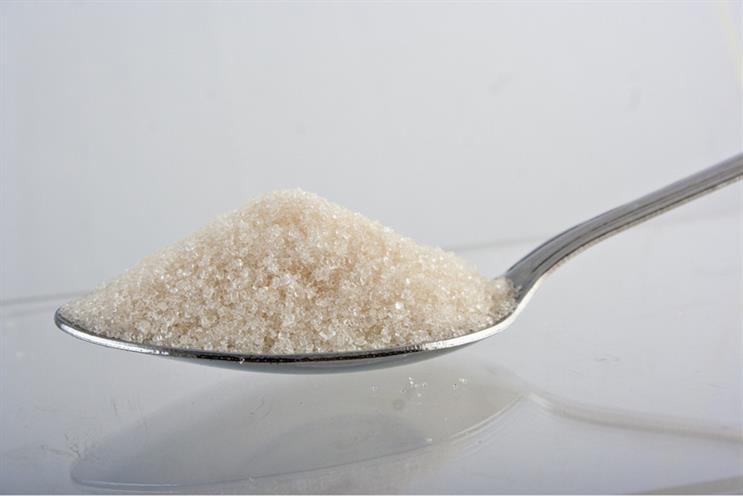
Manufacturers responded angrily to , which Britvic's UK managing director Paul Graham said had taken his company by surprise.
His counterpart at Coca-Cola, Jon Woods, was taking a firm stand against the tax, claiming it "flies in the face of evidence".
Woods and his industry colleagues were incensed that the levy only targeted soft drinks, which they claimed has already done more than any other food and drink category to cut sugar from the diets of British consumers.
Andrew Marsden, an independent consultant and former Britvic marketing director, to the complex issue of childhood obesity.
'Greater weight gain'
But Paula Moynihan, professor of nutrition at Newcastle University, said it was reasonable to focus on sugary drinks.
The transition won't happen overnight but there is a clear, tough political will to get reformulation of drinks within two years.
"In addition to sugar sweetened beverages (SSBs) being the largest contributor to free sugars intake in the diets of children, their consumption doesn't tend to displace other things from the diet," said Moynihan.
"That means we consume them in addition to, rather than instead of, the foods we eat."
Jennifer Rosborough, nutritionist at campaign group Action on Sugar, said that it was fair to single out SSBs because unlike foods and milk-based drinks, they had no nutritional value.
"The consumption of SSBs (compared to low calorie drinks) results in greater weight gain and increases in body mass index in children and adolescents," she said.
"The evidence also shows an association between sugar and increased risk of type 2 diabetes through the consumption of SSBs."
Clear political will
National Obesity Forum spokesman Tam Fry welcomed the potential of the tax to encouraging manufacturers to take sugar out of their products.
In an article for Fry wrote: "To wean purchasers, and children in particular, off products with 35g of sugar stuffed into a 330ml can and onto drinks that escape levies altogether will be victory indeed.
"The transition won't happen overnight but there is a clear, tough political will to get reformulation of drinks within two years."
The soft drinks levy is due to come into force in 2018 - giving brands a chance to avoid incurring it if they can reduce the sugar content of their products by then.
A report by the Scientific Advisory Committee on Nutrition report on Carbohydrates and Health found that sugar should not make up more than 5% of a person's daily energy intake, and that consumption of SSEs should be kept to a minimum - establishing a link between the drinks and type 2 diabetes.
Cancer Research UK and the UK Health Forum suggested in a paper last month that a 20% excise tax on SSBs could reduce the number of obese people in the UK by 3.7m in 2025 - with the level falling from 33.8% of the population to 28.5%.



.jpg)
.jpeg)
